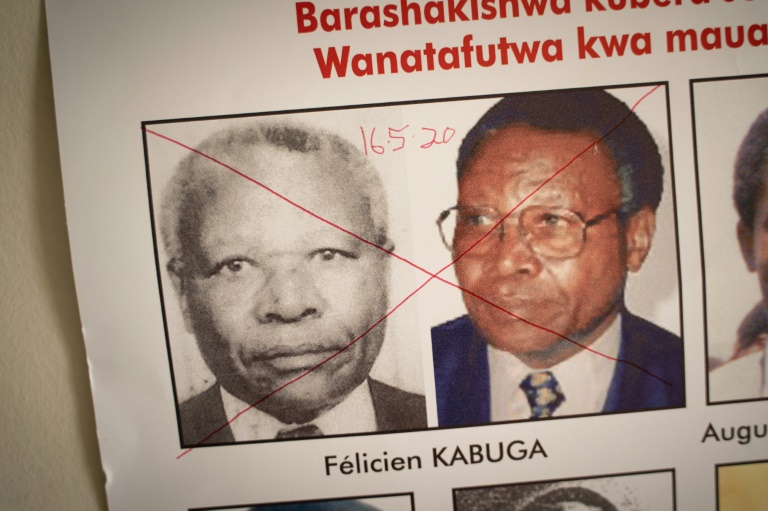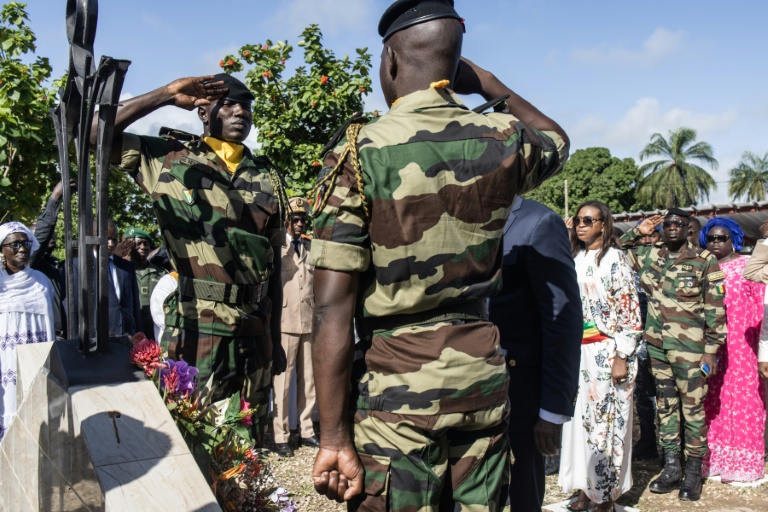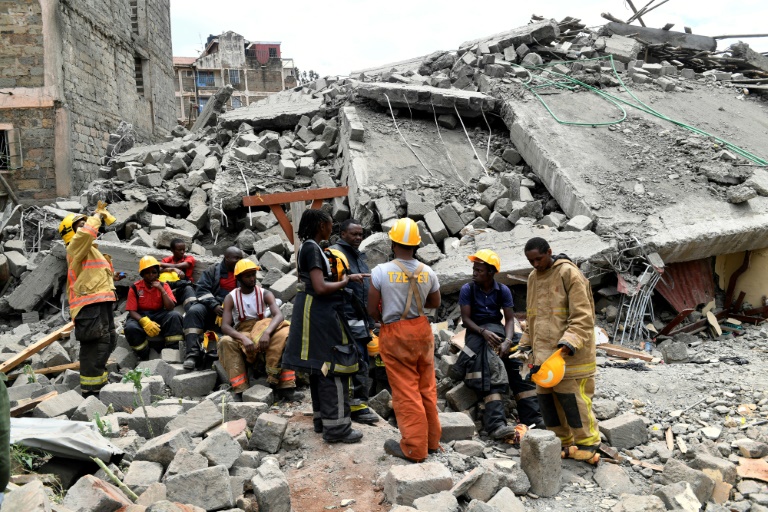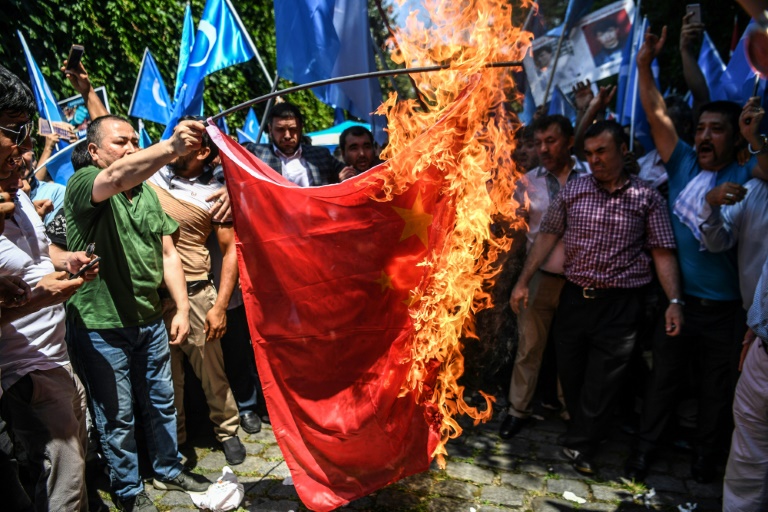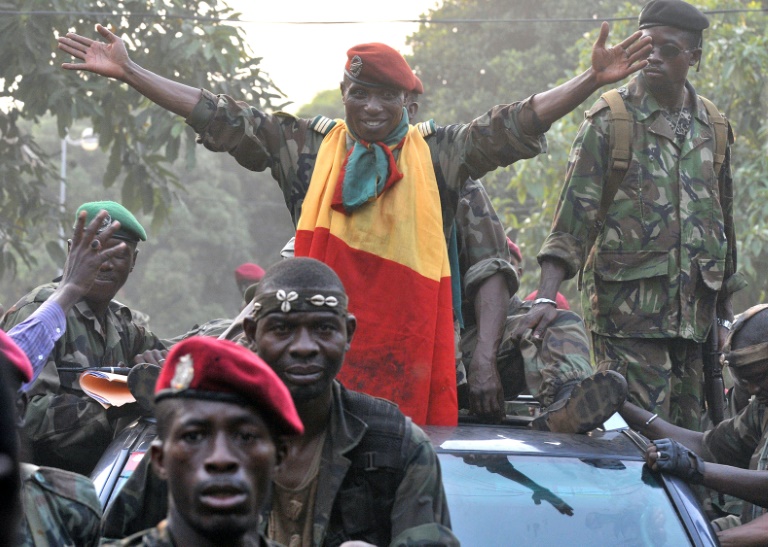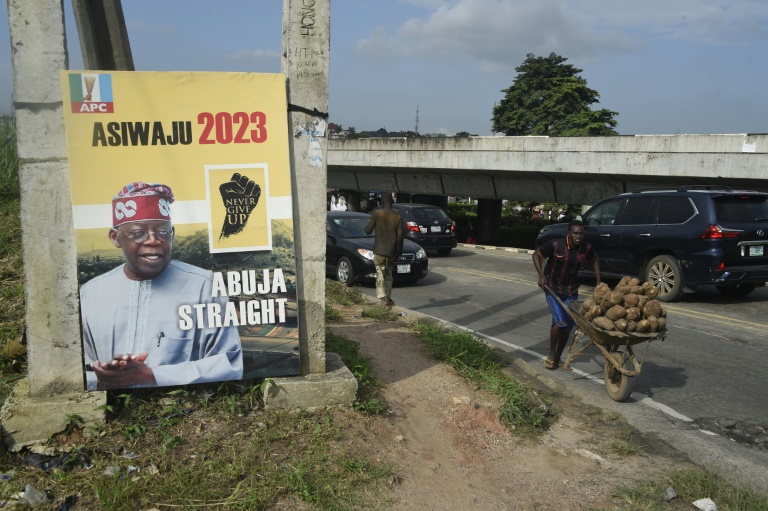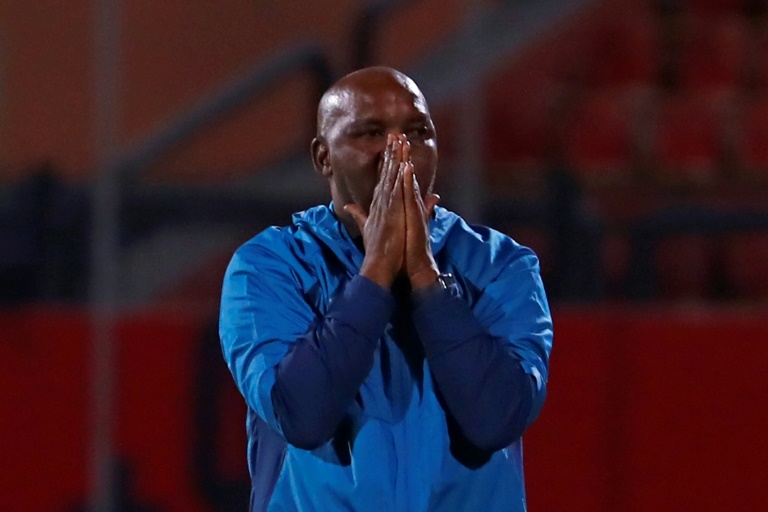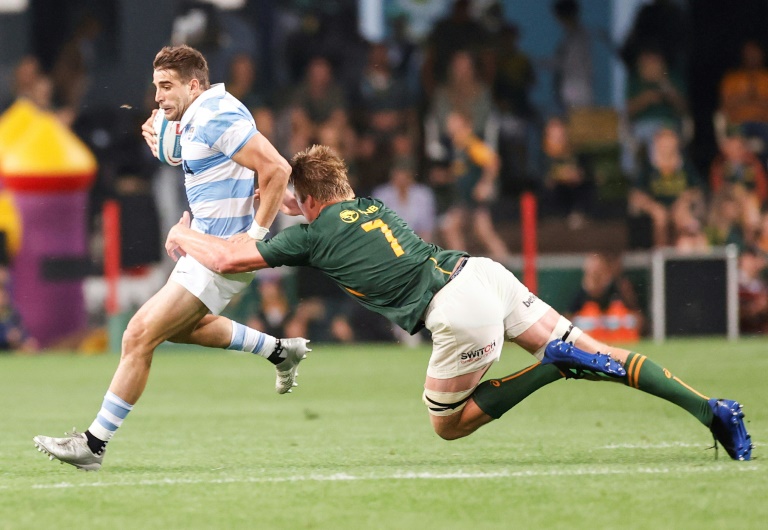Felicien Kabuga: Rwandan petty trader to alleged genocide financier
Felicien Kabuga, who goes on trial in the Hague on Thursday, rose from poverty to become one of Rwanda’s richest men before allegedly using his wealth to fund the 1994 genocide.
Kabuga’s money and connections also helped him avoid arrest for more than 20 years as he moved from Rwanda to Switzerland, the former Zaire, and Kenya.
Charged with genocide and crimes against humanity including persecution, extermination and murder, Kabuga was living under a false identity outside Paris when he was arrested and transferred to the Mechanism for International Criminal Tribunals (MICT) at the Hague in 2020.
One of the world’s most-wanted fugitives, the 87-year-old has often been referred to as the man who financed the massacre of some 800,000 people in Rwanda between April and June 1994.
Born to a modest farming family, Kabuga’s first jobs included peddling items door to door and selling cigarettes and used clothing at a market in his native Byumba region in northern Rwanda.
An industrious worker, Kabuga moved to Kigali where he opened several shops.
According to French press reports, he went on to own a tea plantation, a mill, and real estate, including apartments and warehouses.
By 1994 he was said to be one of the richest men in Rwanda and if farmers in remote villages saved up money, they were often nicknamed “Kabuga”.
– Paying for machetes –
As his wealth grew, so too did his political connections.
In 1993, one of his daughters married the oldest son of Rwandan president Juvenal Habyarimana, whose assassination triggered the 1994 genocide.
Another daughter married Augustin Ngirabatware, the planning minister, who was sentenced to 30 years in prison for his role in the bloodshed targeting Tutsis and moderate ethnic Hutus.
Kabuga headed the National Defence Fund, to which he and other businessmen contributed, and which allegedly bought machetes and uniforms for the army and Interahamwe Hutu militia.
According to the International Criminal Tribunal for Rwanda (ICTR), whose work was later taken over by the MICT, Kabuga “contributed to the Interahamwe’s killing and harming of persons identified as Tutsis by organising meetings … to raise funds to purchase arms.”
Jean Damascene Bizimana, executive secretary of the National Commission for the Fight Against Genocide, told AFP Kabuga had funded “tonnes of machetes and grenades which were imported and distributed across the country as weapons”.
Many of the victims were hacked to death with machetes.
– Broadcasting calls for murder –
In addition, Kabuga helped create the notorious Radio-Television Libre des Mille Collines (RTLM) that incited people to “kill Tutsi cockroaches” in its broadcasts.
“Kabuga served as president of RTLM and as such had de facto and de jure control of programming, operations, and finances of RTLM,” the ICTR indictment said.
He is also accused of directly supervising Interahamwe massacres in Gisenyi, northwestern Rwanda, and in the Kigali district of Kimironko.
In July 1994, Kabuga sought refuge in Switzerland but was thrown out a month later.
He flew to Kinshasa and later moved to Kenya, managing to avoid three arrest attempts by police and ICTR officials after a warrant was issued in 1997.
The United States offered a reward of $5 million in 2002 for information leading to his arrest and funded a media campaign in Kenya that splashed his photo across the country.
In 2011, the ICTR organised forums to collect testimony for Kabuga’s eventual trial, in case some witnesses died before he could be arrested.
His lawyers attempted to halt legal proceedings on health grounds, but judges ruled against it in June this year, calling for the trial to begin “as soon as possible”.
strs-amu/np/bp

